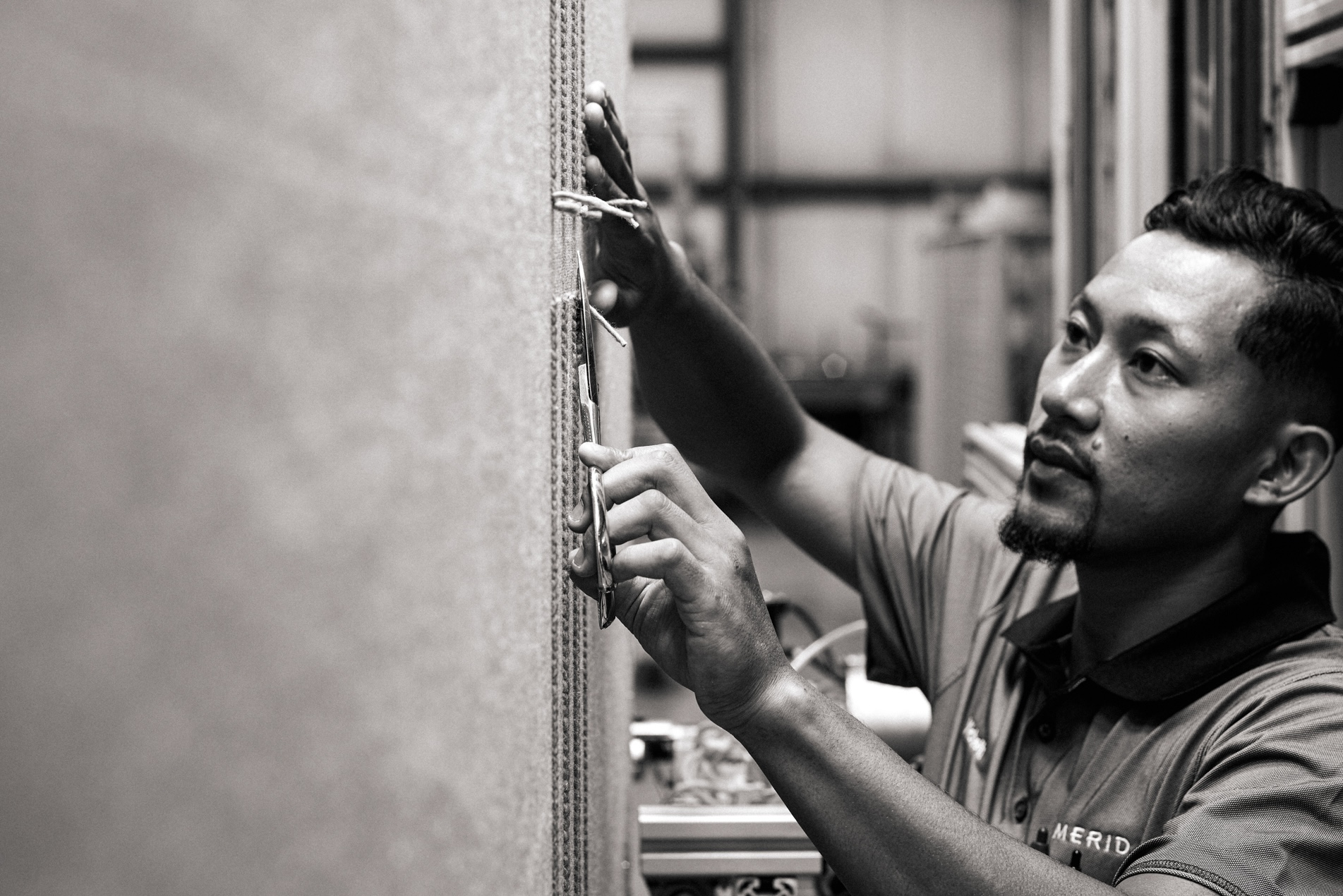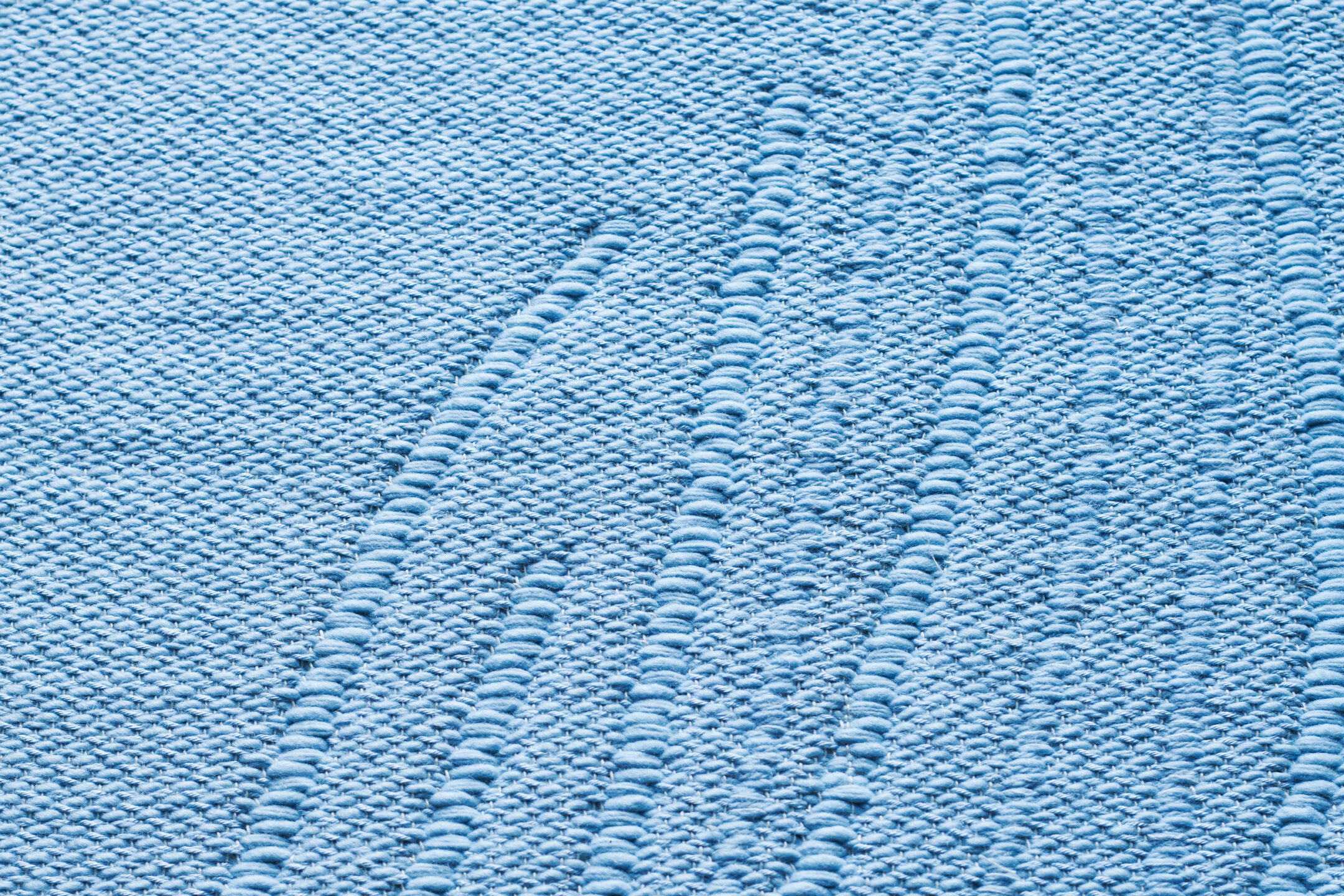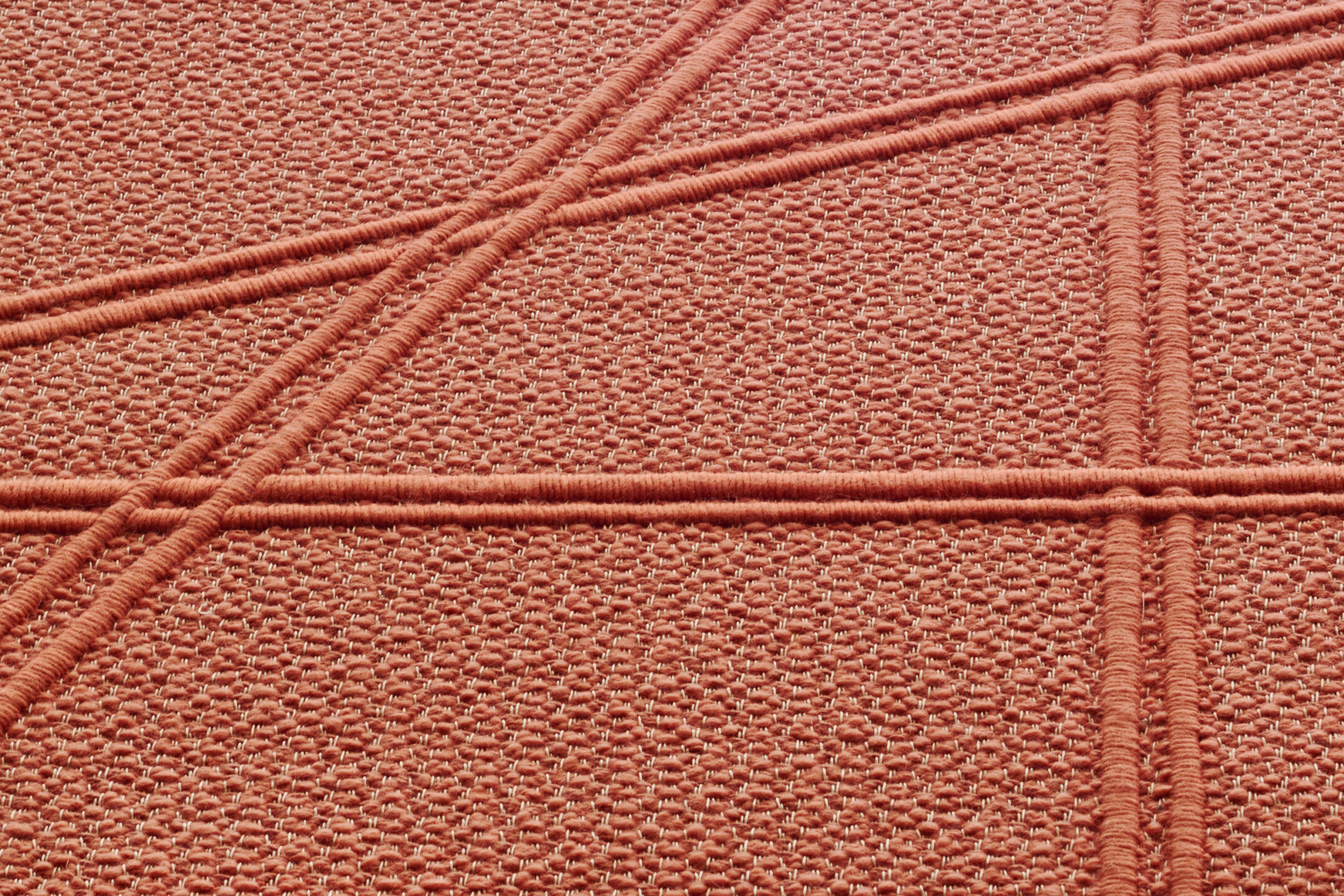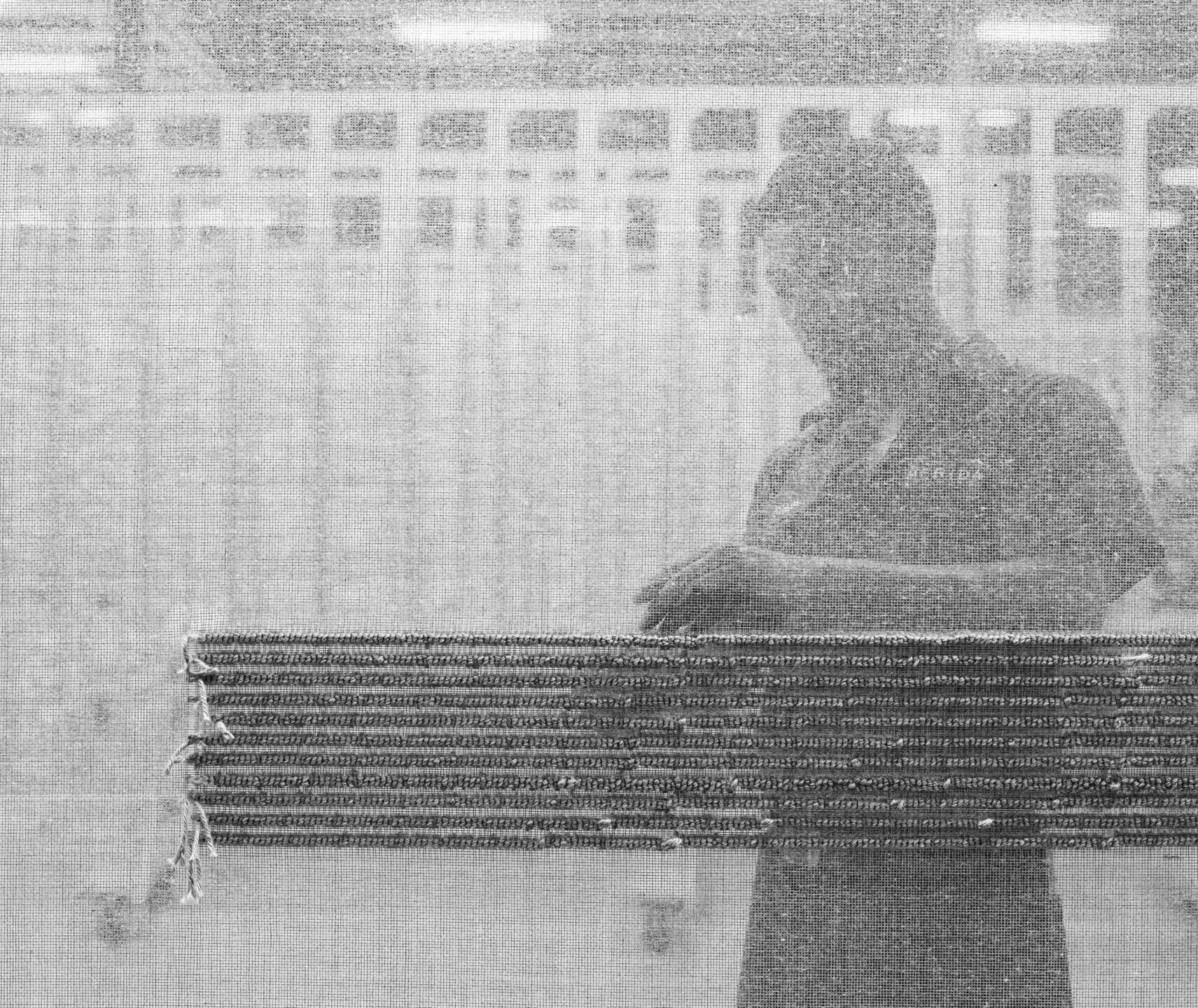Local by Design
When people ask why Merida Studio is based in Fall River, Massachusetts, we often begin with history. This city—perched along the Taunton River and etched into the fabric of American textile production—was once known as the “Spindle City,” a global capital of cotton milling in the 19th and early 20th centuries. The mills are quieter now, many repurposed or left in ruin, but the legacy of making endures. And for us, it matters deeply that we are part of this lineage—carrying forward a craft while reshaping its future.
Fall River’s story is not one of nostalgia, it’s a story of resilience and reinvention. That ethos mirrors the spirit of Merida Studio. Our workshop is surrounded by the echoes of generations who built lives around textiles. Today, those echoes inform a different kind of textile work: experimental, deeply intentional, and rooted in a belief that materials, process, and place are inseparable.
At a time when so much design is abstracted from its origins—when the making is outsourced and the craft is fragmented—we’ve chosen to remain local and inclusive. From yarn selection to weaving to hand-finishing, every step of our process happens under one roof. This isn’t just a logistical decision. It’s a philosophical one. By keeping everything in-house, we have full control over our materials, our processes, and the transmission of our savoir-faire. It allows us to experiment freely with new forms and textures, and to collaborate closely with designers who want to bring something truly bespoke into the world.
But this commitment to local production isn’t only about what happens inside our studio—it’s also about who we work with. Many of our craftspeople come from textile backgrounds, some passing down their traditions to the next generations. Others bring knowledge from different disciplines—woodworking, upholstery, sculpture—and are trained into our weaving practice. This exchange of skills, rooted in proximity and shared experience, helps keep a culture of making alive. It’s a kind of slow education that only works when you’re not rushing, when you’re not cutting corners, and when you believe that a rug can be more than just a product. It can be an object of lasting value, shaped by real human hands.
There’s a particular strength in this model of working—one that goes beyond efficiency or convenience. It’s about intimacy: with the materials, with the people who make them, and with the designs themselves. We can walk from the loom to the yarn room in a matter of steps. We can test new structures or colors on a whim, often with the very same people who helped develop the weave. That closeness—between the idea and its realization—is a rare thing in the world of contemporary design. And it’s one of the reasons our rugs feel the way they do: dimensional, tactile, intentional.
In choosing to make here in Fall River, we’re not just preserving a heritage—we’re building a new one. One that honors the past while making space for new techniques, new voices, and new expressions of artistry. We believe that the future of textile craft in America doesn’t have to look like its industrial past. It can be more considered, more beautiful, more sustainable—it can be about people and place and process, working together in harmony.
When you choose something made in our studio, you’re not only choosing exceptional design, you’re participating in a living tradition. One that values integrity, expertise, and a profound respect for the act of making. In an age of mass production, there’s something quietly radical about that.



